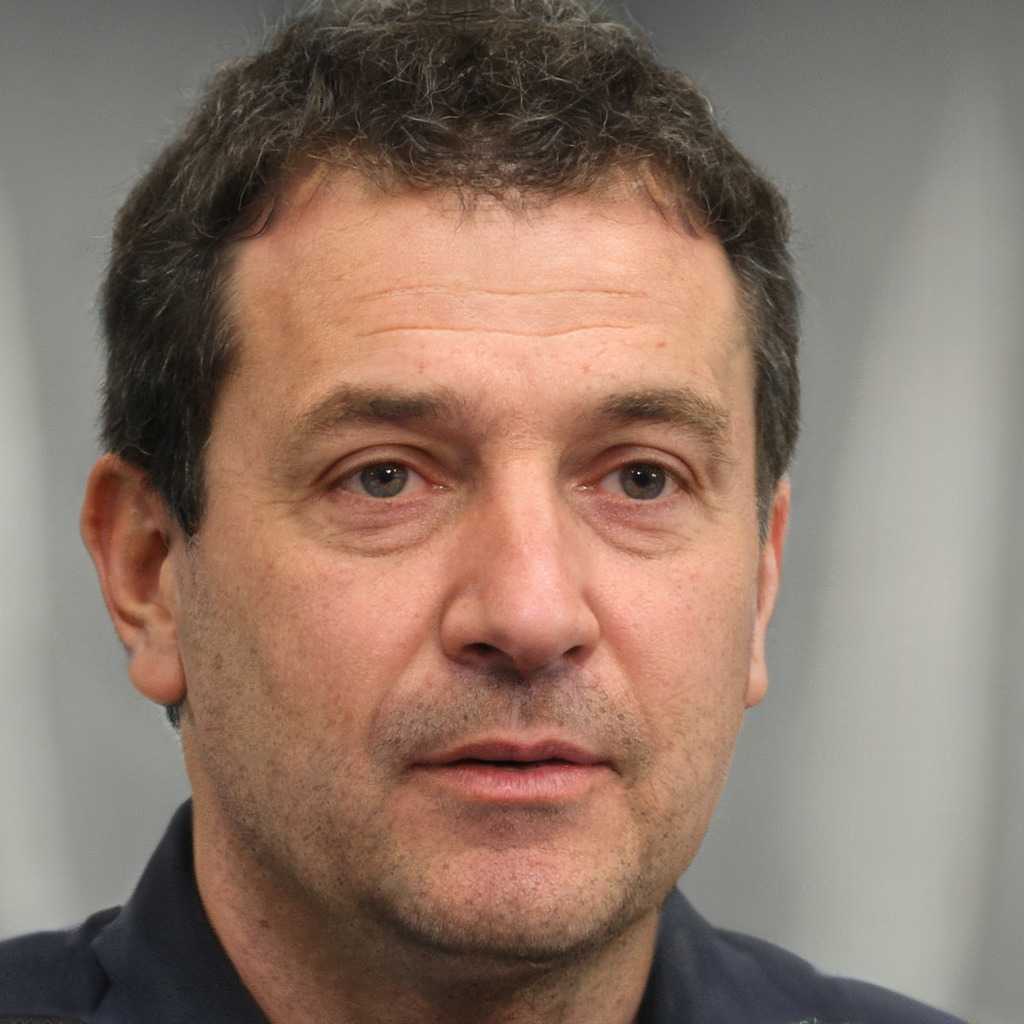Psychedelic music, often referred to as “ekusupedelia” in Japan, is a genre that emerged in the 1960s and quickly gained popularity for its experimental and mindaltering sound. Characterized by its use of electronic effects, unconventional song structures, and often trippy lyrics, psychedelic music has influenced countless artists across various genres.
The Roots of Psychedelic Music
The roots of psychedelic music can be traced back to the counterculture movement of the 1960s, particularly in the United States and the United Kingdom. Bands like The Beatles, The Doors, and Pink Floyd are often credited with popularizing the genre and pushing the boundaries of traditional rock music. The use of new technology, such as the electric guitar and synthesizers, allowed musicians to create otherworldly sounds that captured the psychedelic experience.
The Influence of Psychedelic Culture
Psychedelic music was closely tied to the larger psychedelic culture of the 1960s, which was characterized by experimentation with drugs like LSD and a rejection of mainstream societal norms. Artists sought to replicate the mindaltering effects of psychedelics through their music, creating a sense of euphoria and liberation for listeners. The psychedelic music scene was also closely linked to the visual arts, with artists creating intricate album covers and light shows to enhance the overall experience.
Evolution of Psychedelic Music
Over the years, psychedelic music has continued to evolve and adapt to contemporary tastes. While the genre may have peaked in popularity during the 1960s and 70s, modern artists continue to draw inspiration from its experimental and freespirited ethos. Genres like shoegaze, dream pop, and even electronic dance music have all been influenced by the sounds and aesthetics of psychedelic music.
The Resurgence of Psychedelic Music
In recent years, there has been a resurgence of interest in psychedelic music, with bands like Tame Impala, King Gizzard & The Lizard Wizard, and MGMT garnering critical acclaim and a dedicated fanbase. These artists combine elements of traditional psychedelic rock with modern production techniques, creating a sound that appeals to both longtime fans and new listeners. The popularity of music festivals like Desert Daze and Levitation also speaks to the enduring appeal of psychedelic music in the 21st century.
Conclusion
In conclusion, psychedelic music continues to captivate audiences with its experimental sound and countercultural ethos. From its roots in the 1960s to its influence on contemporary artists, the genre remains a vital part of music history. As long as artists continue to push boundaries and explore new sonic landscapes, psychedelic music will endure as a genre that challenges conventions and celebrates the power of creativity.


 William Denovan played a crucial role in shaping the success of Dazzling Holly Moms, contributing his expertise in content strategy and platform development. His ability to create engaging, informative content helped establish the platform as a valuable resource for modern mothers. William's dedication to ensuring the platform consistently delivers high-quality parenting tips, wellness advice, and travel recommendations has been instrumental in its growth. His contributions continue to enhance the experience for moms seeking guidance and inspiration on their parenting journey.
William Denovan played a crucial role in shaping the success of Dazzling Holly Moms, contributing his expertise in content strategy and platform development. His ability to create engaging, informative content helped establish the platform as a valuable resource for modern mothers. William's dedication to ensuring the platform consistently delivers high-quality parenting tips, wellness advice, and travel recommendations has been instrumental in its growth. His contributions continue to enhance the experience for moms seeking guidance and inspiration on their parenting journey.